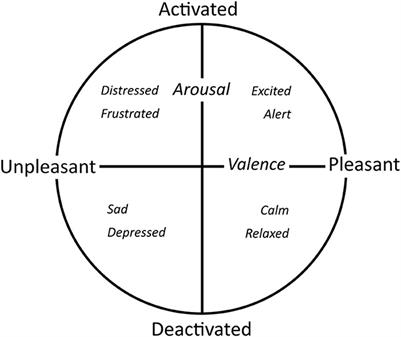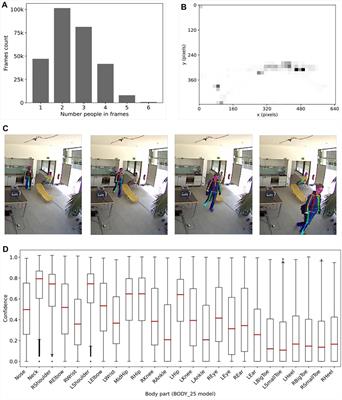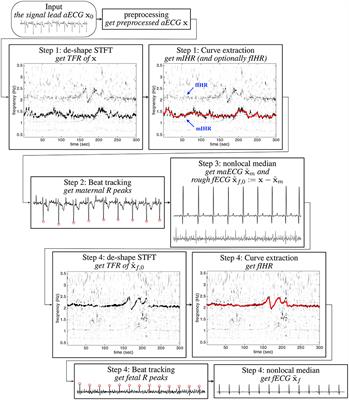EDITORIAL
Published on 25 Aug 2023
Editorial: Biosignal-based human–computer interfaces
doi 10.3389/fcomp.2023.1275031
- 654 views
4,798
Total downloads
27k
Total views and downloads
Select the journal/section where you want your idea to be submitted:
EDITORIAL
Published on 25 Aug 2023
ORIGINAL RESEARCH
Published on 10 Aug 2023

REVIEW
Published on 26 Jun 2023

ORIGINAL RESEARCH
Published on 17 Mar 2023

DATA REPORT
Published on 20 Dec 2021

ORIGINAL RESEARCH
Published on 22 Feb 2017


Frontiers in Human Neuroscience
Frontiers in Psychology
Human-Media InteractionOffline
Frontiers in Signal Processing